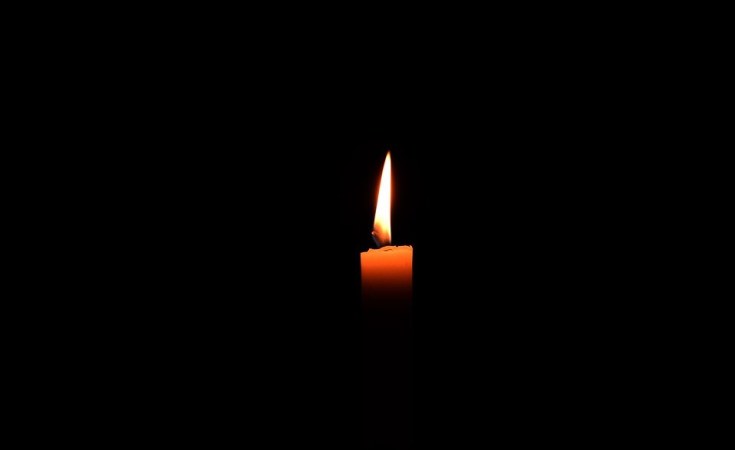THE ongoing electricity crisis facing Zimbabwe, while partly due to power generation suspension on account of depleted water allocations, has been compounded by total collapse of Kariba South Power Station's Unit Number 4 following years of neglect, it has emerged.
Last week, the Zambezi River Authority (ZRA) ordered power utility, Zimbabwe Power Company (ZPC), to suspend power generation at Kariba South, throwing the nation into rolling blackouts lasting as much as 19 hours daily.
Even if water at the dam was to be available for power generation today, ZPC still doesn't have capacity to provide adequate electricity due to the unofficially decommissioned Unit Number 4, NewZimbabwe.com has heard.
An impeccable source, who spoke to this publication on condition of anonymity, said the now dysfunctional unit recently broke down after years of non-maintenance of critical equipment, and unavailability of spare parts to replace worn out ones.
"Yes, the narrative that ZPC has utilised its 2022 water allocation and ordered by ZRA to suspend power generation is correct. It must not be taken to be the sole and isolated reason for plunging the nation into darkness," said the ZPC technical official.
"The crisis we find ourselves in is a result of decades of poor planning and not heeding advice that saw key machinery going for years without major maintenance. In instances where new spares were needed, engineers were forced to resort to having them poorly machined in South Africa.
"Also, there was a massive exodus of qualified personnel to run these plants due to poor salaries, but ZPC did not heed advice to nip the flight of engineers and other key technical staff in the bud.
"Resultantly, the power plant was now in the hands of incompetent and inexperienced employees, thereby compromising efficiency. The end result was the inevitable total shutdown of Unit Number 4, which is now beyond repair.
https://s3-eu-west-2.amazonaws.com/newzimlive/wp-content/uploads/2022/12/09033649/WhatsApp-Video-2022-12-07-at-4.59.38-PM.mp4
"We depleted our water allocation ahead of Zambia because our machines were not just obsolete and inefficient, but also neglected, full stop!"
A forensic audit to establish what transpired in the lead up to the unit's total collapse is reportedly underway, and could result in the dismissal of staff, the source further revealed.
The hydro-power plant, which generates 1 050MW, was built by Italian contractors in the 1950s, and an expansion project to add two other units, Number 7 and 8, was completed in March 2018 by Chinese contractor, Sino Hydro Corporation.
The ZPC official further revealed Zimbabwe now has to rely on its thermal power stations at Hwange, Bulawayo, Munyati and Harare to generate electricity, subject to availability of coal.
Efforts to get comment from ZESA Holdings spokesperson, George Manyaya were fruitless by the time of publishing.
The water usage suspension by ZRA means ZPC no longer has any usable water to continue generating power at Kariba South Bank Power Station after exhausting its allocation.
In a recent statement, ZRA Chief Executive, Munyaradzi Munodawafa said the high-level Joint Technical Committee (JTC) meetings held on November 10 and 25, 2022 held between Zimbabwean and Zambian parties to the Water Purchase Agreement (WPA) for Kariba, had noted a depletion in allocated quota, hence the need to stop operations.
"Given that the Kariba Reservoir usable storage currently stands at a paltry 2,98 BCM or 4,60% full, and that ZESCO Limited (of Zambia) still has a positive balance of 2,44BCM (10.82%) as of 25th November 2022, ZPC/KHPC no longer has any usable water to continue undertaking power generation operations at Kariba South Bank Power Station," said Munodawafa.
"If the current water utilisation above allocation at Kariba South Bank Power Station continues, the remaining water for power generation at Kariba (live storage) will run out by mid-December 2022, or much earlier."
Munodawafa said a further review of the Hydrological Outlook at Kariba will be done in January to assess whether there would be any improvements in water levels resulting from the shutdown.
ZRA administers water from the iconic Kariba Dam under an existing agreement between itself, ZPC and ZESCO Limited of Zambia.


